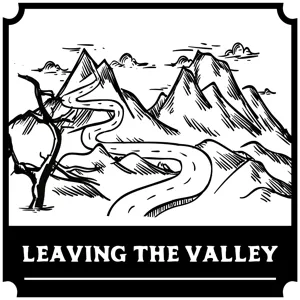Ep. 068 : The Suicidal Thoughts Workbook w/ Dr. Gordon, Part II

In the conclusion of our chat with Dr. Kathryn Hope Gordon, author of “The Suicidal Thoughts Workbook,” we examine one of the leading causes for suicidal thinking: the end of a relationship. It is well understood that people who perceive themselves as alone are at a higher risk for suicidal thinking. Dr. Gordon explains how the perception of “feeling isolated” can sometimes be different than outward appearance might suggest. Well-loved, highly popular people die by suicide. There is often a tendency for those close to an individual who is struggling to dismiss the risk of suicide. We explore why that can occur and some of the more empathetic ways to connect to a person in need.